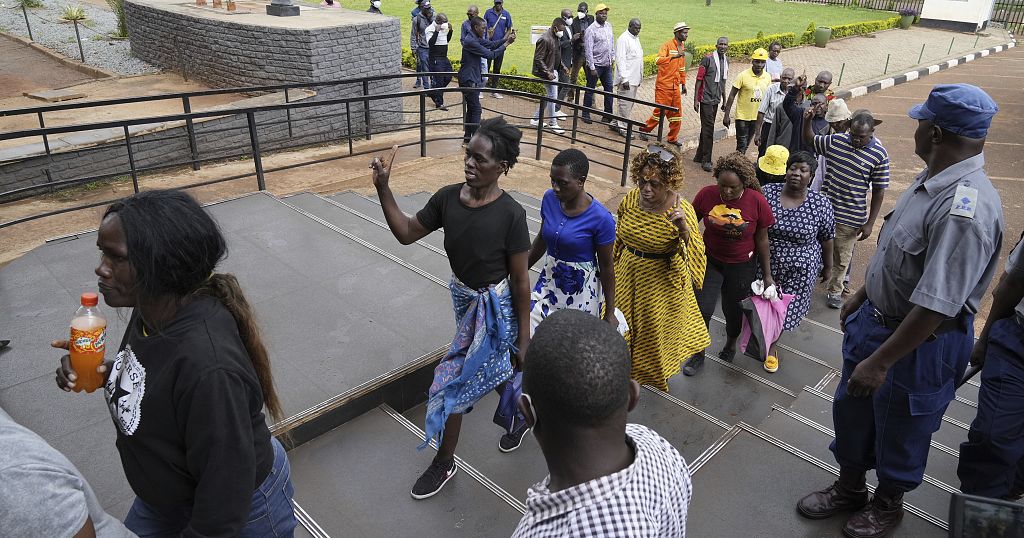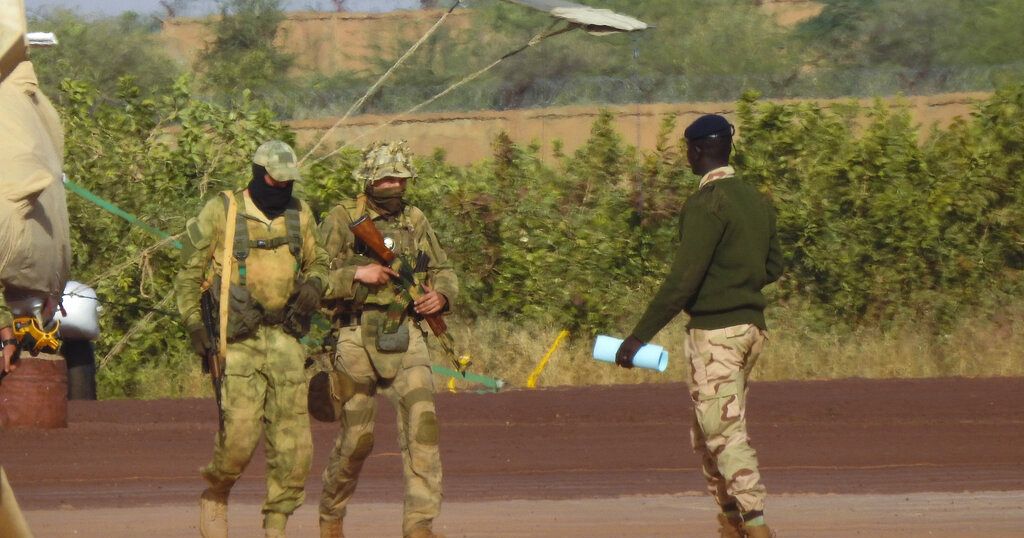by Taedzwa Chikono
AI has the potential to be a powerful tool in the fight against inequality in Africa. In many ways, the continent has been left behind in the global conversation about AI and its potential to change the world. However, there are a number of ways in which AI could be leveraged to help address some of the most pressing social and economic challenges facing the continent.
One area where AI could make a significant impact is in the realm of healthcare. Many parts of Africa lack access to quality healthcare, particularly in rural areas where access to medical facilities is limited. AI could be used to help bridge this gap by providing remote diagnoses and consultations, as well as helping to identify potential outbreaks of disease and alerting authorities in a timely manner.
Another area where AI could be beneficial is in education. Many children in Africa do not have access to quality education, and AI could be used to provide personalized learning experiences that cater to the specific needs of each student. This could help to level the playing field and give children in disadvantaged areas the opportunity to succeed.
AI could also be used to improve the efficiency and effectiveness of government services, such as by automating certain processes and helping to identify areas where resources could be more effectively allocated. This could help to reduce corruption and ensure that government services are more equitable and accessible to all citizens.
In addition to the areas mentioned above, AI could also be used to help improve agricultural practices and increase crop yields in Africa. Many small farmers in Africa struggle to produce enough food to feed their families, and AI could be used to help optimize irrigation systems, identify and predict pests and diseases, and improve overall crop management. This could help to increase food security and reduce poverty in rural areas.
AI could also be used to help build and maintain infrastructure, such as roads and bridges, which are often lacking in many parts of Africa. By using AI to analyze data on traffic patterns and maintenance needs, authorities could more effectively allocate resources and prioritize repairs, leading to a more efficient and effective use of resources.
Furthermore, AI could be used to help facilitate financial inclusion in Africa. Many people in Africa do not have access to traditional financial services, such as banks and credit cards, which can make it difficult for them to build wealth and improve their economic standing. However, AI could be used to help create alternative financial platforms, such as mobile payment systems, which could help to increase financial inclusion and provide more people with the tools they need to improve their economic prospects.
Another area where AI could be used to help reduce inequality in Africa is in the area of employment. Many people in Africa struggle to find good paying jobs, and this can lead to widespread poverty and inequality. However, AI could be used to help create new employment opportunities and improve the overall job market.
For example, AI could be used to automate certain tasks, freeing up workers to focus on more complex and rewarding work. AI could also be used to help match workers with job opportunities that are a good fit for their skills and experience, helping to reduce the high levels of unemployment that are common in many parts of Africa.
In addition, AI could be used to help improve the quality of education and training programs in Africa, helping to ensure that workers have the skills they need to succeed in the modern economy. By investing in AI-powered education and training programs, governments and organizations could help to create a more skilled and competitive workforce, which could in turn help to reduce inequality and improve the overall economic prospects of the continent.
Another area where AI could be used to reduce inequality in Africa is in the realm of environmental protection. Many parts of Africa are facing significant environmental challenges, such as deforestation, land degradation, and climate change. These issues can have a disproportionate impact on marginalized communities and contribute to overall inequality in the region.
AI could be used to help address these environmental challenges in a number of ways. For example, AI could be used to monitor and track deforestation and land degradation in real-time, allowing authorities to respond more quickly and effectively to these issues. AI could also be used to help optimize resource use and improve energy efficiency, helping to reduce the negative environmental impacts of economic development.
In addition, AI could be used to help predict and mitigate the impacts of climate change in Africa. By analyzing data on weather patterns, crop yields, and other factors, AI could help authorities to identify areas that are at risk of being affected by extreme weather events, such as floods or droughts. This could help to improve emergency response efforts and reduce the negative impacts of climate change on communities in Africa.
Another area where AI could be used to help reduce inequality in Africa is in the realm of political representation and democracy. Many parts of Africa have a history of political instability, corruption, and lack of transparency, which can contribute to overall inequality and social unrest.
AI could be used to help improve the transparency and accountability of political systems in Africa in a number of ways. For example, AI could be used to help monitor elections and detect instances of voter fraud or other irregularities. AI could also be used to help analyze and track the actions of politicians and government officials, helping to expose corruption and ensure that those in power are accountable to the people.
In addition, AI could be used to help increase the participation of citizens in the political process. For example, AI could be used to help identify and amplify the voices of marginalized groups, such as women, youth, and minorities, who may not otherwise have a platform to advocate for their interests. By increasing the participation of these groups in the political process, AI could help to ensure that their needs and concerns are more fully represented and addressed.
Another area where AI could be used to help reduce inequality in Africa is in the realm of social justice and human rights. Many parts of Africa have a history of human rights abuses, including discrimination, violence, and injustice. These issues can have a devastating impact on individuals and communities, and contribute to overall inequality and social unrest.
AI could be used to help address these issues in a number of ways. For example, AI could be used to help monitor and track instances of human rights abuses, such as police brutality or discrimination, allowing authorities to respond more quickly and effectively to these issues. AI could also be used to help analyze and track the actions of government officials and other powerful actors, helping to expose corruption and ensure that those in power are held accountable for their actions.
In addition, AI could be used to help provide support and resources to individuals and communities who have been affected by human rights abuses. For example, AI could be used to help connect victims of abuse with legal resources and support services, or to provide access to mental health counseling and other forms of assistance. By providing these types of resources and support, AI could help to empower individuals and communities to advocate for their own rights and seek justice for past wrongs.
Overall, there are many ways in which AI could be used to help reduce inequality and improve the lives of people in Africa. By leveraging the power of AI and working to address the unique challenges facing the continent, it is possible to create a more equitable and prosperous future for all.



